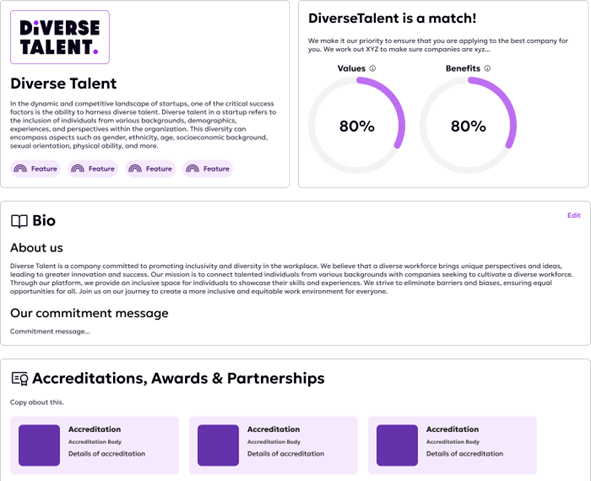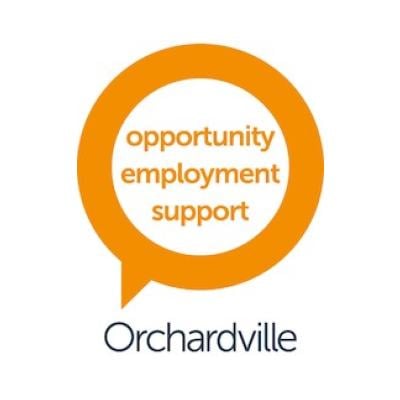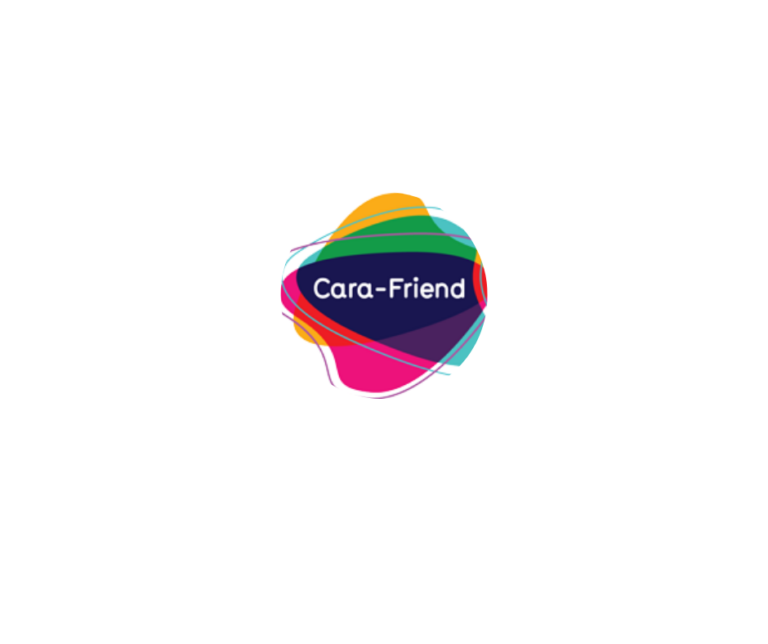One of our key features on DiverseTalent.ai is that employers can showcase their workplace awards, accreditations, and partnerships. Job seekers can then select the ones that interest them most and search employer profiles based on these accolades. When we designed this feature two years ago, we were always a bit cautious, asking ourselves, “Who is auditing these awards?”
We are making great strides in reviewing popular UK accreditations like B Corp, Tech Talent Charter, Stonewall, and Best Place to Work, but there’s still work to do!
The Mechanics Behind Workplace Awards
So, who’s behind these awards? Typically, independent organizations, media outlets, or industry bodies. They usually combine surveys, company-submitted data, and expert reviews to evaluate candidates. While this sounds rigorous, the integrity of these awards largely hinges on the transparency and objectivity of the auditing organizations. Unfortunately, not all awarding bodies maintain stringent audit practices.
Let’s Talk Bias in Workplace Awards 🏆
Awards focusing on diversity and inclusion might favour companies with substantial resources dedicated to these initiatives. While promoting diversity is commendable, the metrics used can sometimes be skewed, favouring larger corporations over smaller ones that may not have the same capacity to invest in diversity programs.
Moreover, there’s inherent bias in the application process itself. Some workplace accreditations seem tailored to specific demographics, like women in the workplace, but may not fully consider the experiences of transgender or non-binary employees. This selective inclusivity can undermine the awards’ credibility.
We’ve also noticed that some awards are practically for sale. On several occasions, we’ve been invited to apply and pay for an award. This practice raises eyebrows: a fancy gala dinner to celebrate success just because a company can afford it? This clearly favours wealthier companies over smaller, potentially more deserving ones.

The Value of Workplace Awards
Despite these concerns, workplace awards can offer significant value. They provide external validation, enhance a company’s reputation, and can be a powerful tool for attracting top talent. For instance, companies featured on Great Place to Work’s list experience a 50% lower turnover rate compared to their peers, suggesting recognized companies are better at retaining employees and boosting morale.
However, we must scrutinize the true value of these awards. Are they genuinely reflective of a superior workplace, or do they merely indicate a company’s ability to invest in the application process?
Bringing Credibility Back to Accreditations
So, how do we bring credibility back to accreditations? Transparent feedback. It really is that simple. If we showcase an award or accreditation on our site and later find out the organization is less inclusive than we thought, we’ll remove their logo and speak to their teams.
The Numbers Speak
A 2019 study by the Workplace Bullying Institute found that only 45% of employees at companies with diversity awards felt their workplace was genuinely inclusive. Moreover, a Glassdoor survey showed that 70% of job seekers consider a company’s commitment to diversity important when evaluating job offers. Clearly, the value of these awards isn’t just in the accolade itself but in the genuine commitment to creating a positive workplace.
In conclusion, while workplace awards can be a badge of honour, it’s crucial to look beyond the shiny exterior. Companies should focus on real improvements in employee satisfaction and workplace culture. After all, a truly great workplace is defined not by awards, but by the everyday experiences and satisfaction of its employees.
.





